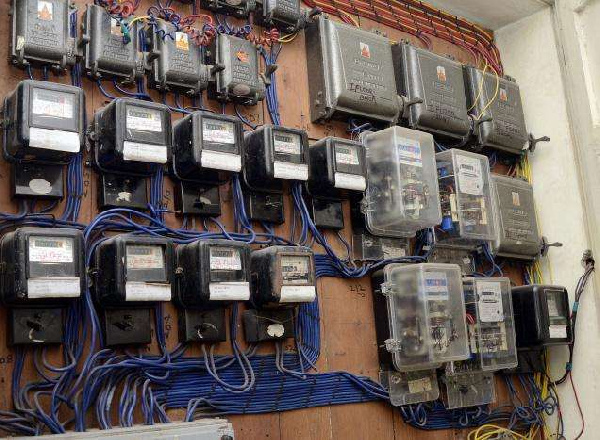The Director of Research and Corporate Affairs at the Public Utilities Regulatory Commission (PURC), Mr Eric Obutey has stated that the PURC wants to save more businesses in order to reduce unemployment, hence maintaining low electricity cost for industrial customers.
The PURC after a stakeholder’s consultation approved an increase in electricity tariff by 27.15% and water by 21.55% effective 1st September, 2022.
The above increment, mainly applies to the average end-user.
In a statement on Monday, the PURC said, “The Commission therefore decided to increase the average end-user tariff for electricity by 27.15% and water by 21.55% effective 1st September, 2022.”
It explained that, “These rates, in view of the Commission, are sensitive and responsive to the positions of all stakeholders in the utility space in line with sections 3(c) of PURC Act 1997 (Act 538).”
However, it added that the existing tariff is structured in a manner that slaps industry with punitive tariffs in order to subsidize residential consumers of electricity.
It added that this structure has contributed to loss of competitiveness of Ghanaian industry including small and medium size household enterprises.
It said to address the challenge, for the first time, industry including, small and medium scale business owners of Hairdressing and Beauty Parlours/Salons, Barbering Shops, Tailoring and Dress Making Shops, Welding, Mechanics, Cold stores, Chop bars, Vulcanising and Carpentry Workshops among others will now pay lower tariffs than the residential consumer class.
Read Also: Tariffs: Electricity increased by 27.15%, water, 21.55% effective September 1
Speaking on Atinka FM’s morning show, AM Drive with Kaakyire Ofori Ayim, Mr Eric Obutey explained that,”We want to encourage people to do their own work, self employment, to generate revenue for themselves and for the state, because if people have their own businesses, they can make money and feed themselves and they will also pay taxes to the government.”
Mr Eric Obutey continued that, “It will also reduce unemployment, because high tariffs push SMEs to fold up because they cannot afford bills. The fold up also means they have to sack people for them to go home and this increases unemployment.”
He explained further that,” The understanding is that, for those who are in the industrial class, the cost of serving them is lower than those in the residential class.”
Meanwhile, he said the tariff was increased in a way that after three years, there can be change in pricing both for the industrial and residential consumers.
Ghana| Atinkaonline.com| Porcia Oforiwaa Ofori

























